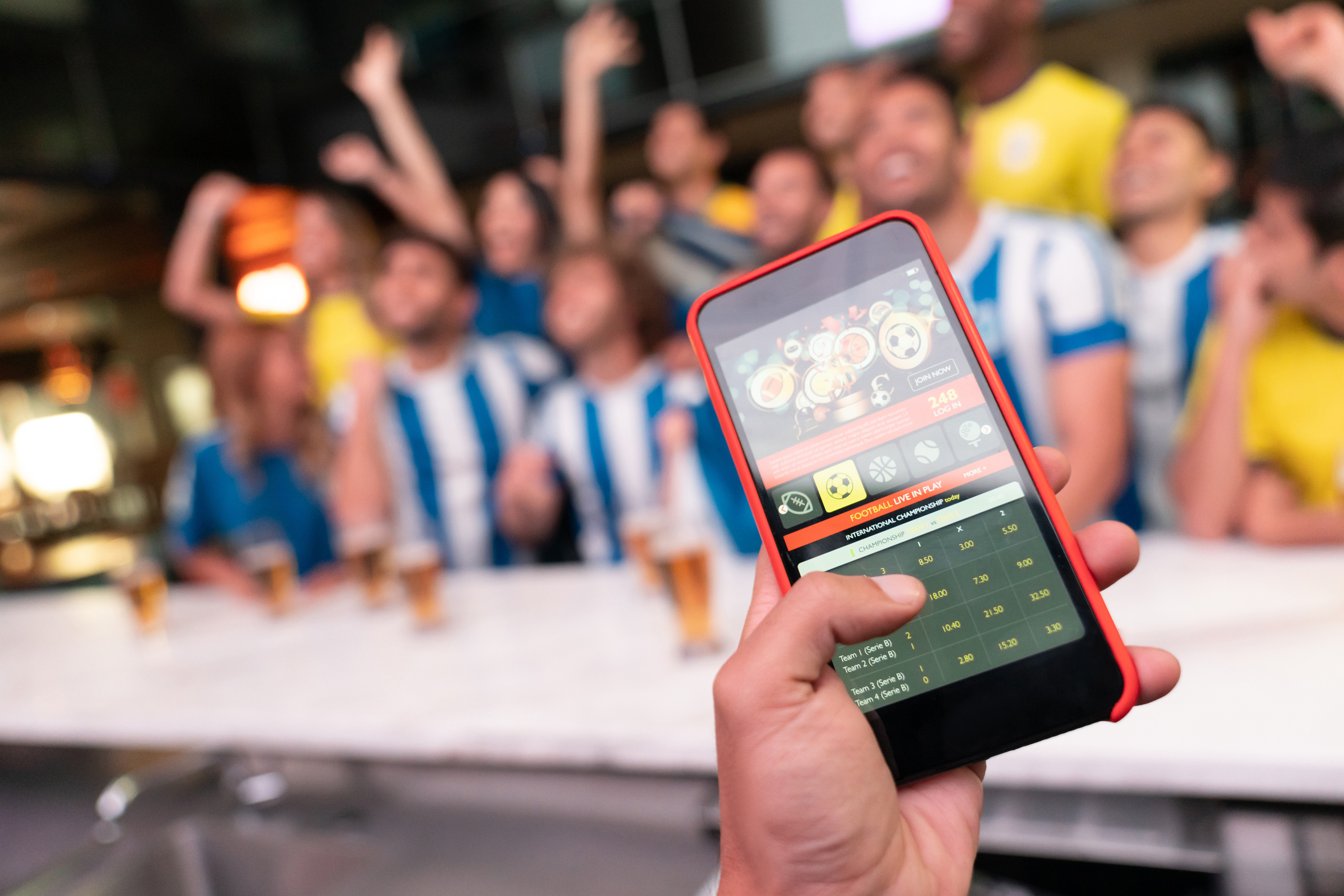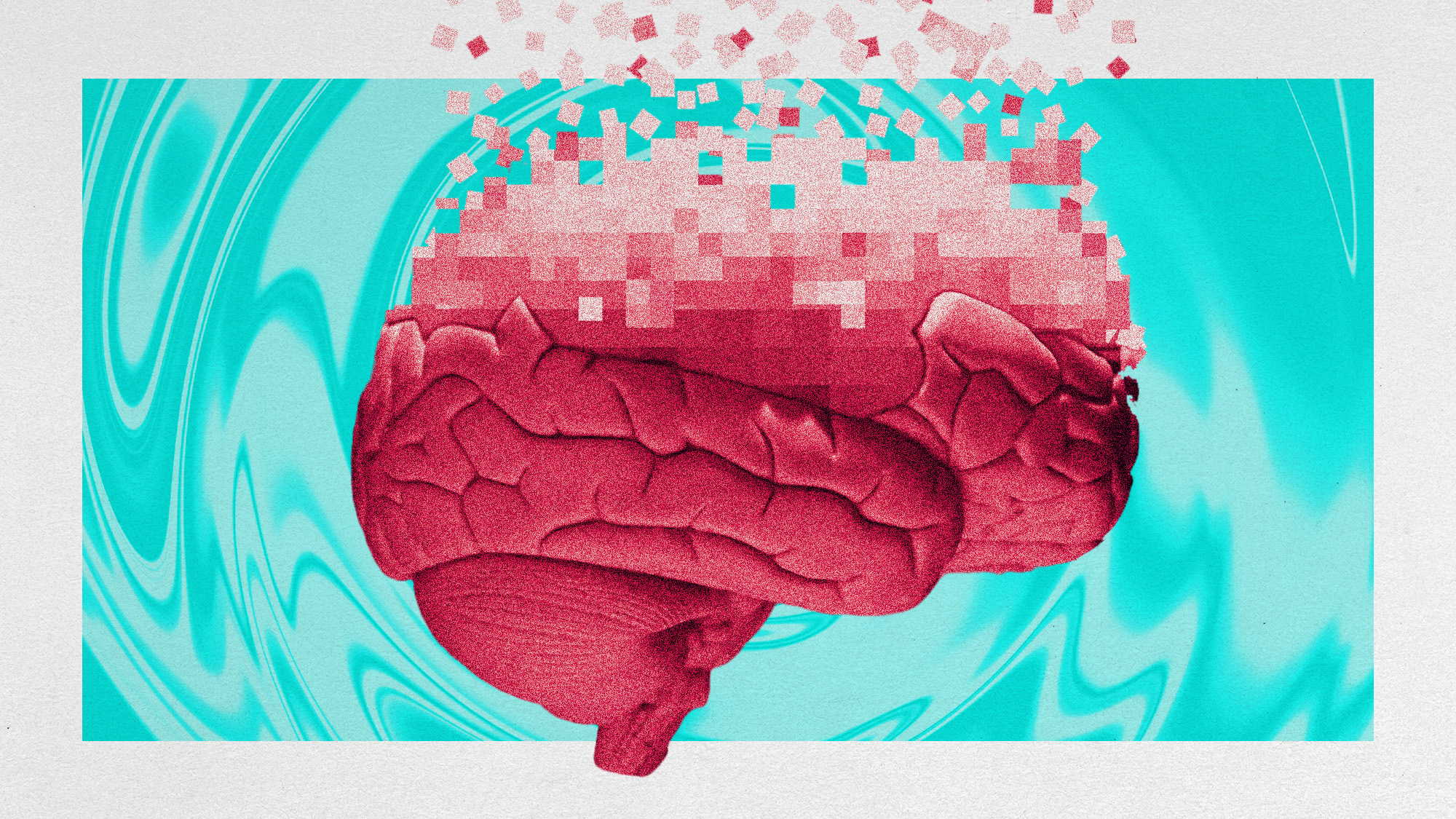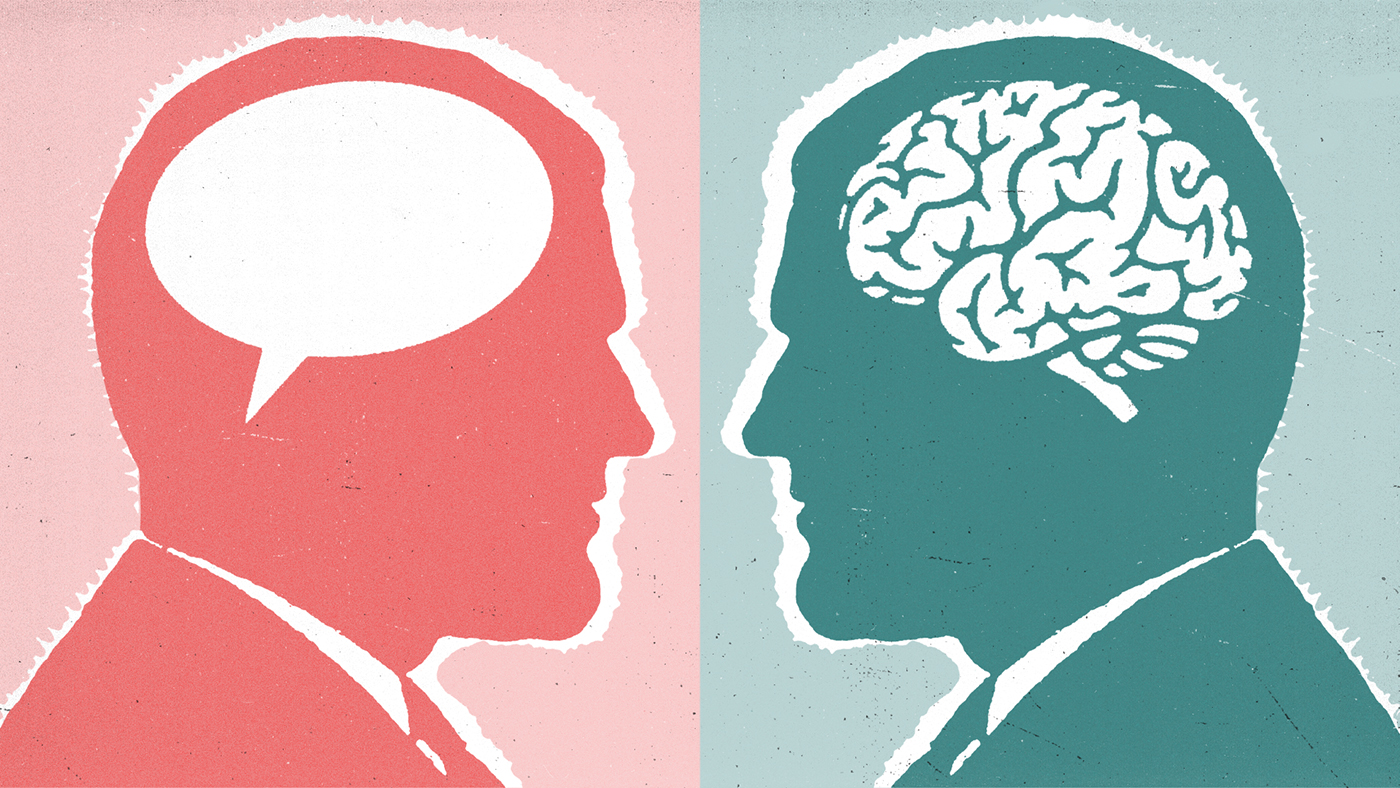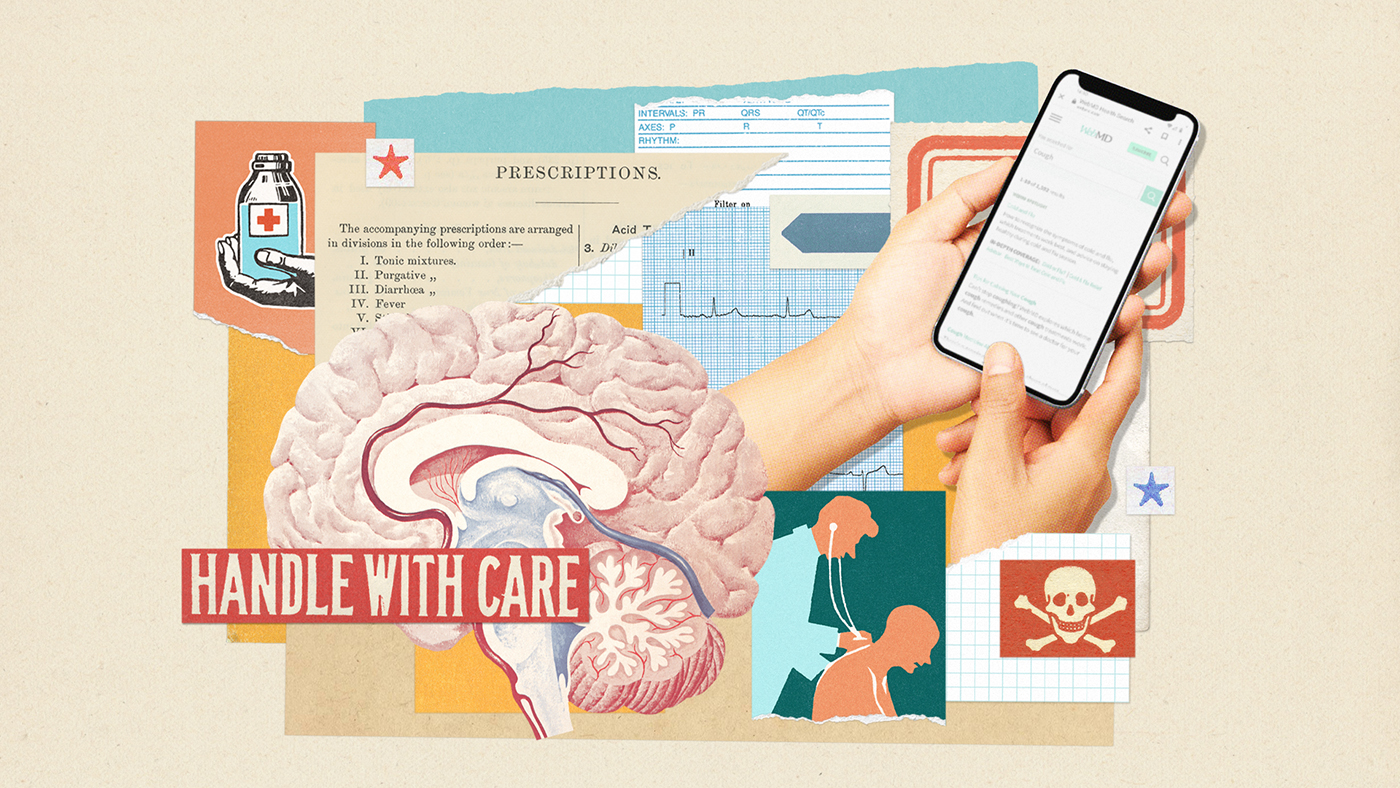The casino on the couch
The legalization of sports betting is generating billions in revenue — and ruining lots of lives

A free daily email with the biggest news stories of the day – and the best features from TheWeek.com
You are now subscribed
Your newsletter sign-up was successful
The legalization of sports betting is generating billions in revenue — and ruining lots of lives. Here's everything you need to know:
How much is being bet?
A staggering amount. Last year Americans placed $93.7 billion in game bets, according to the trade publication SportsHandle. In the first three months of 2023, nearly $30 billion was bet — a rate of $120 billion a year. That would surpass the $108 billion Americans spent on lotteries last year, and marks a massive increase from the $21.5 billion legally bet on sports in 2020. Until 2018, sports betting was banned everywhere in the U.S. except Nevada casinos. But five years ago this month, the Supreme Court struck down a federal ban, allowing states to legalize sports betting. The result was the biggest expansion of legal gambling in U.S. history. Thirty-three states now have legal sports betting and four more soon will, while another eight have pending legislation or voter referendums. In 24 states with legal online gambling, placing a bet is as simple as opening a smartphone app. "It puts a casino at the tip of everybody's hand," said Marc Edelman, an expert in sports gambling law at Baruch College.
Do pro sports leagues support this?
For a century, major sports leagues vehemently opposed legal gambling, casting it as a threat to sports' integrity. One of the biggest scandals in sports history was the 1919 Black Sox scandal, in which eight members of the Chicago White Sox were accused of throwing the World Series in return for payments by a gambling syndicate. Gambling is "evil, creates doubt, and destroys your sport," said Major League Baseball commissioner Bud Selig in 2012. But after the Supreme Court ruling, pro leagues did not want to miss out on the tsunami of money going to private gambling companies (and tax money going to the states), and now fully embrace sports betting.
The Week
Escape your echo chamber. Get the facts behind the news, plus analysis from multiple perspectives.

Sign up for The Week's Free Newsletters
From our morning news briefing to a weekly Good News Newsletter, get the best of The Week delivered directly to your inbox.
From our morning news briefing to a weekly Good News Newsletter, get the best of The Week delivered directly to your inbox.
What form does that take?
All the leagues have partnerships with sportsbooks. NHL and MLB players are free to sign endorsement deals with gambling companies, while the NBA allows players' images in sportsbook ads. Sportscasters now regularly discuss betting lines, and last year TV viewers and radio listeners were barraged with $1.8 billion worth of ads from sports books such as DraftKings, FanDuel, and Caesars, complete with celebrity endorsements. In their ads, sportsbooks offer promotions that are highly effective in roping in first-time bettors.
How do these offers work?
Sportsbooks offer sign-up bonuses, matches to cash deposits, and "risk-free bets" that typically refund losing bettors with a credit. "These apps are incredibly clever in drawing you in," said Dave Goldsmith, an Arizona solar technician whose wife left him after he lost thousands in online bets. "I'll be scrolling through Facebook or Instagram, and an ad will pop up, offering promotions or free spins." Sportsbooks generate multiple bets per player by offering a host of ways to bet beyond who'll win or lose the game. There are "parlay" bets that hinge on the outcome of several different games — with potential jackpot payouts — and micro "prop" bets such as whether a current football possession will end in a touchdown. Such live betting "is like playing a slot machine," said Matt Buchalter, a Toronto actuary who teaches sports betting. "A lot of problem-gaming behaviors get exacerbated when you're betting every 30 seconds instead of every three hours." Not surprisingly, the boom in betting has been followed by a surge in problem gambling.
How big a surge?
No comprehensive study has been done, but the National Problem Gambling Helpline saw a 45% rise in calls between 2021 and 2022, with an 84% rise in chat messages. In Virginia, helpline calls rose nearly 400% in the first year after legalization; in New Jersey, they tripled between 2018 and 2022. "It is disturbing, it is alarming, and it is intensifying every day," Felicia Grondin, executive director of the Council on Compulsive Gambling of New Jersey, told state lawmakers last year. For those with a problem, cellphone apps make gambling hard to resist. A 32-year-old Denver mom recently told The Free Press that her family, including her two kids, are on the verge of becoming homeless because of her husband's addiction to sports betting. "He'll go for two weeks on a gambling binge, lose $15,000, and then stop because he feels guilty," the woman said. "Then the process starts all over again. He has slowly depleted literally everything we have."
Is anything being done?
Advocates for problem gamblers are calling for tighter restrictions on advertising, such as bans on ads during games or on college campuses. Five states have adopted or proposed limits on advertising. Some advocates say gambling operators — who track users' every move on their apps — have a responsibility to identify problem gamblers. With the number of people betting on sports soaring, warned U.S. Rep. Paul Tonko (D-N.Y.), there will be growing costs in shattered lives and broken families. "This is a public health crisis," Tonko said.
A free daily email with the biggest news stories of the day – and the best features from TheWeek.com
When athletes bet
As problem gambling among sports fans has risen, so have issues around betting players. Seven NFL players have been suspended for gambling since state legalization began in 2018; five of those suspensions came last month, when two Detroit Lions and a Washington Commander were sidelined indefinitely for betting on NFL games, and two other players received six-game suspensions. The league said a review found no evidence "any game was compromised in any way." Meanwhile, dozens of athletes at the University of Iowa and Iowa State are under investigation for sports gambling, and last month University of Alabama baseball coach Brad Bohannon was let go amid reports he'd alerted a gambler that a starting pitcher would be sidelined. The suspensions highlight a conundrum for league officials, who are cracking down on gambling among players even as they encourage it among fans. With so much money being bet every day, it is inevitable players will be drawn in, said Brett Abarbanel, director of the International Gaming Institute at the University of Nevada, Las Vegas. "One of the things that often comes with the legalization of gambling," she said, "is scandal."
-
 How the FCC’s ‘equal time’ rule works
How the FCC’s ‘equal time’ rule worksIn the Spotlight The law is at the heart of the Colbert-CBS conflict
-
 What is the endgame in the DHS shutdown?
What is the endgame in the DHS shutdown?Today’s Big Question Democrats want to rein in ICE’s immigration crackdown
-
 ‘Poor time management isn’t just an inconvenience’
‘Poor time management isn’t just an inconvenience’Instant Opinion Opinion, comment and editorials of the day
-
 'TikTok brain' may be coming for your kid's attention span
'TikTok brain' may be coming for your kid's attention spanThe Explainer What happens to kids' brains when they binge TikTok's endless stream of bite-sized videos?
-
 The 'girl dinner' TikTok trend has dieticians on edge
The 'girl dinner' TikTok trend has dieticians on edgeSpeed Read Is it a cute and relatable social media fad or a cover for disordered eating?
-
 Understanding the new Covid-19 variant, Eris
Understanding the new Covid-19 variant, ErisSpeed Read The formally named EG.5 is making the rounds, but we don't have to worry just yet
-
 When therapy-speak enters the real world
When therapy-speak enters the real worldSpeed Read Are you "setting boundaries" or avoiding confrontation?
-
 The new push to solve long Covid
The new push to solve long CovidSpeed Read Patients say researchers have been too slow to address the condition
-
 What is cardiac arrest and why does it happen?
What is cardiac arrest and why does it happen?Speed Read The heart condition impacts younger athletes more often than expected
-
 What is medical identity theft and how can you avoid it?
What is medical identity theft and how can you avoid it?The Explainer Scammers can often target medical insurance as part of their grift
-
 The problem with self-diagnosing
The problem with self-diagnosingSpeed Read Teens are turning to social media to diagnose themselves with mental health conditions